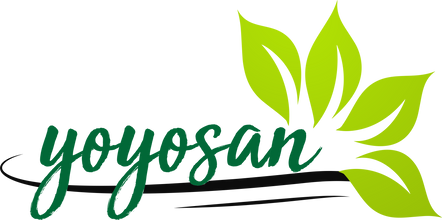Lactobacillus curieae
definition
Lactobacillus curieae is a bacterium found in many foods. It's a type of lactic acid bacteria commonly found in fermented foods like yogurt, cheese, and sauerkraut. It is also a natural part of the human intestinal flora. It is an important part of the human diet and can provide many health benefits.
source in food
Lactobacillus curieae is found in many fermented foods, including yogurt, cheese, sauerkraut, fermented vegetables, fermented grains, fermented soy products, and fermented milk products. It can also be found in some non-fermented foods, such as fresh vegetables, fruits, and fish.
Recommended daily intake
There is no universally accepted recommended daily intake of Lactobacillus curieae. However, it is recommended that people who strive for a healthy diet include fermented foods in their diet to reap the benefits of Lactobacillus curieae.
Advantages
- Lactobacillus curieae may help aid in digestion and promote gut health .
- It can help boost the immune system .
- It can help reduce the risk of infection.
- It can help reduce the risk of allergies.
- It can help reduce the risk of chronic diseases.
problems due to a defect
A lack of Lactobacillus curieae can lead to impaired digestion, a weak immune system, infections, allergies and chronic diseases.
possible side effects
There are no known side effects associated with taking Lactobacillus curieae.
Interactions with other dietary supplements or medications
There are no known interactions with other dietary supplements or medications.



